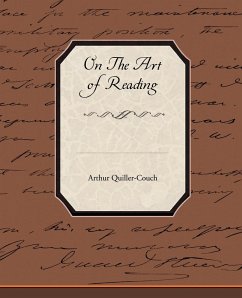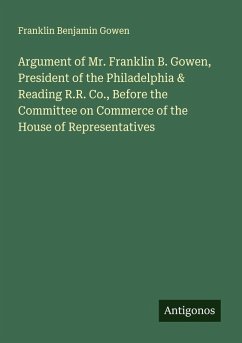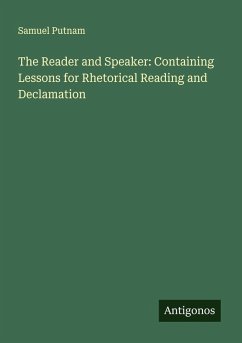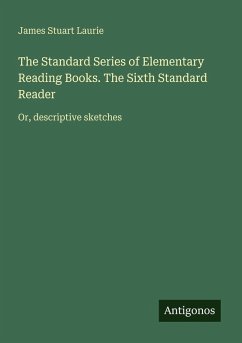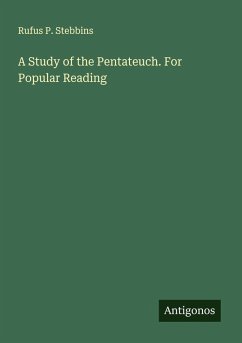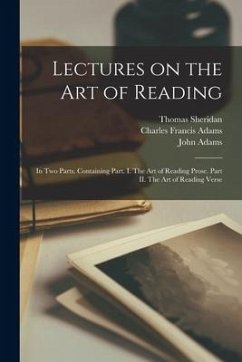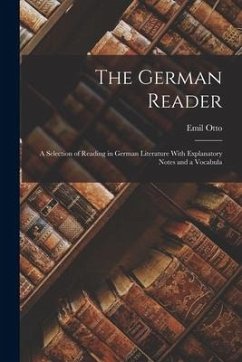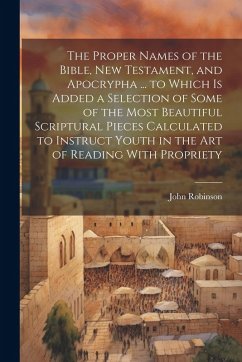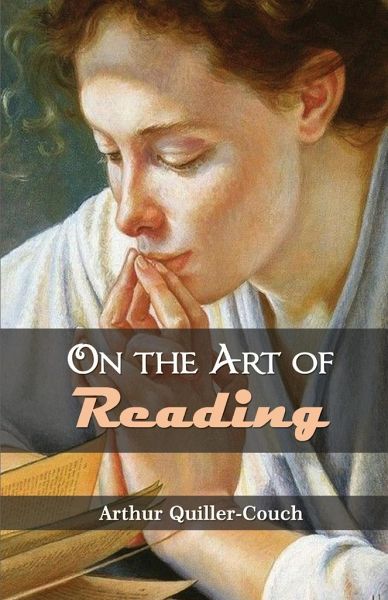
Arthur Quiller-Couch
Broschiertes Buch
On The Art Of Reading
Versandkostenfrei!
Versandfertig in 1-2 Wochen

PAYBACK Punkte
10 °P sammeln!




On The Art Of Reading
Arthur Quiller-Couch was born in the town of Bodmin, Cornwall. He was the son of Dr. Thomas Quiller Couch, a renowned physician, folklorist, and historian who married Mary Ford and resided at 63 Fore Street, Bodmin, until his death in 1884. Thomas was the offspring of two historic local families, the Quiller and Couch dynasties. Arthur was the third generation of academics from the Couch family. His grandfather, Jonathan Couch, was a naturalist, physician, historian, classicist, pharmacist, and illustrator (especially of fish). His younger sisters, Florence Mabel and Lilian M., were both writers and folklorists. Quiller-Couch attended Newton Abbot Proprietary College between the late 1870s and the early 1880s. He later attended Clifton College and Trinity College, Oxford, where he earned a First in Classical Moderations (1884) and a Second in Greats (1886). Quiller-Couch briefly taught Classics at Trinity beginning in 1886. After gaining some journalistic experience in London, primarily as a writer to The Speaker (periodical), he settled in Fowey, Cornwall, in 1891.
Produktdetails
- Verlag: MJP Publishers
- Seitenzahl: 226
- Erscheinungstermin: 13. Februar 2023
- Englisch
- Abmessung: 216mm x 140mm x 12mm
- Gewicht: 291g
- ISBN-13: 9789387826441
- ISBN-10: 9387826449
- Artikelnr.: 68488094
Herstellerkennzeichnung
Libri GmbH
Europaallee 1
36244 Bad Hersfeld
gpsr@libri.de
Für dieses Produkt wurde noch keine Bewertung abgegeben. Wir würden uns sehr freuen, wenn du die erste Bewertung schreibst!
Eine Bewertung schreiben
Eine Bewertung schreiben
Andere Kunden interessierten sich für





